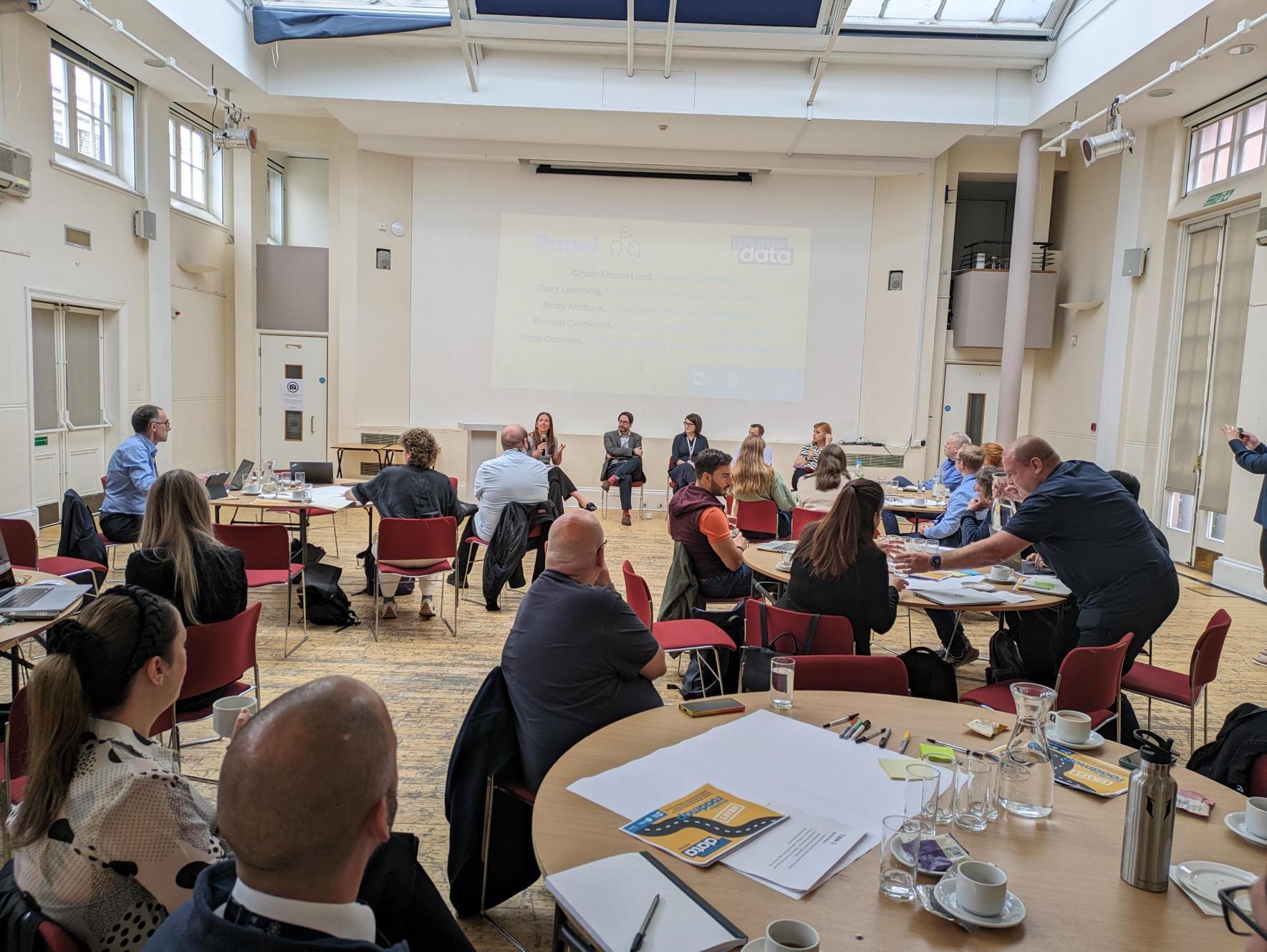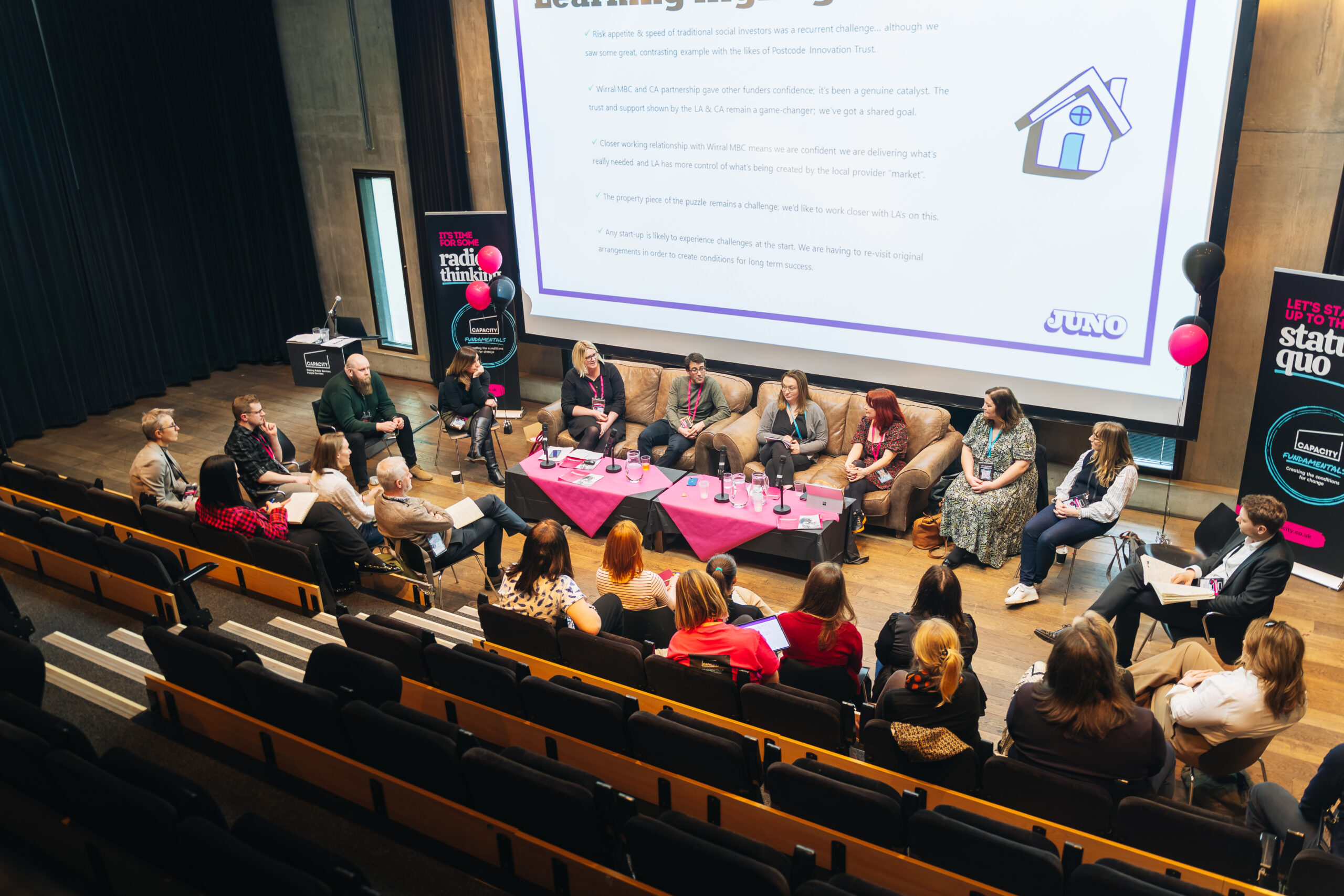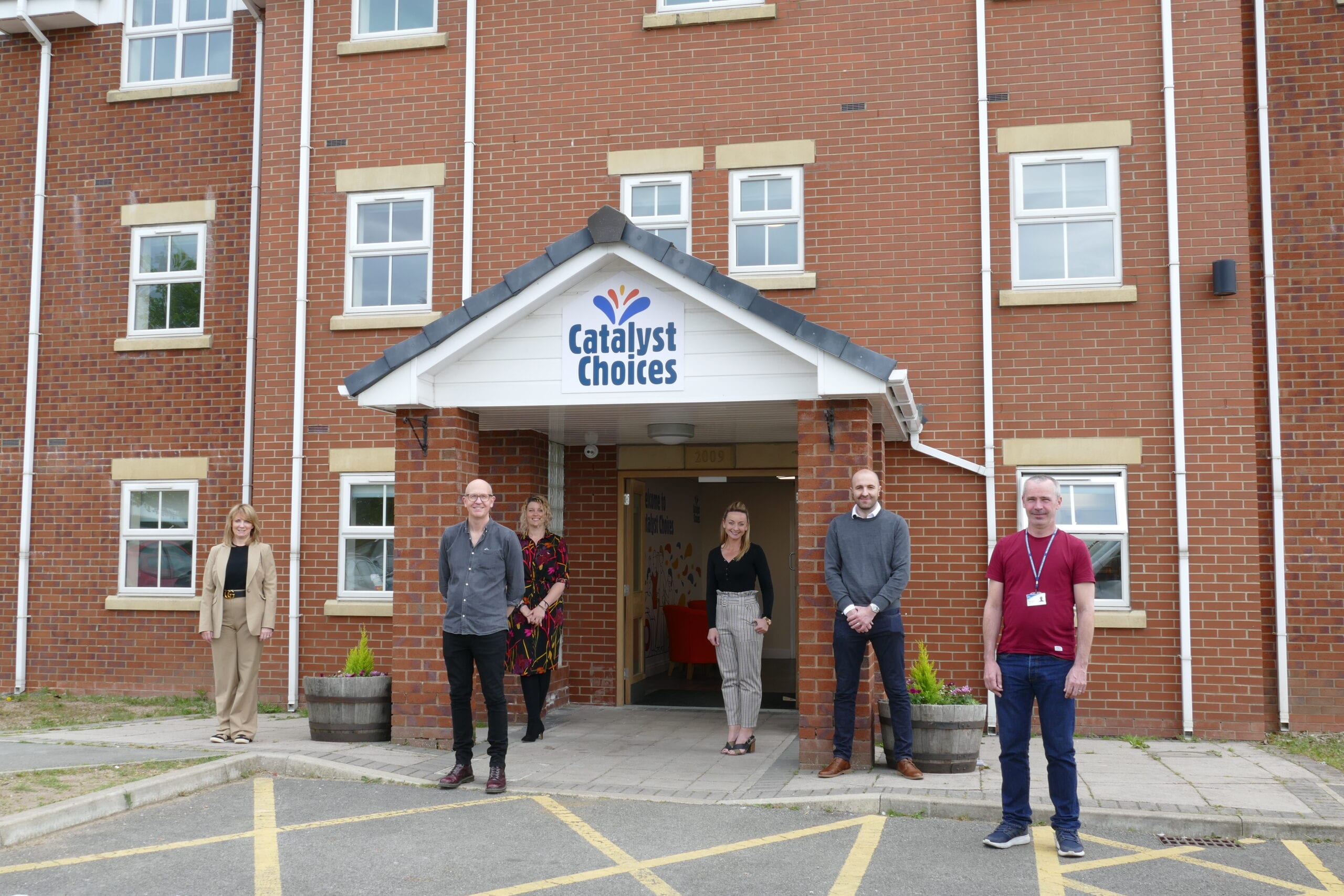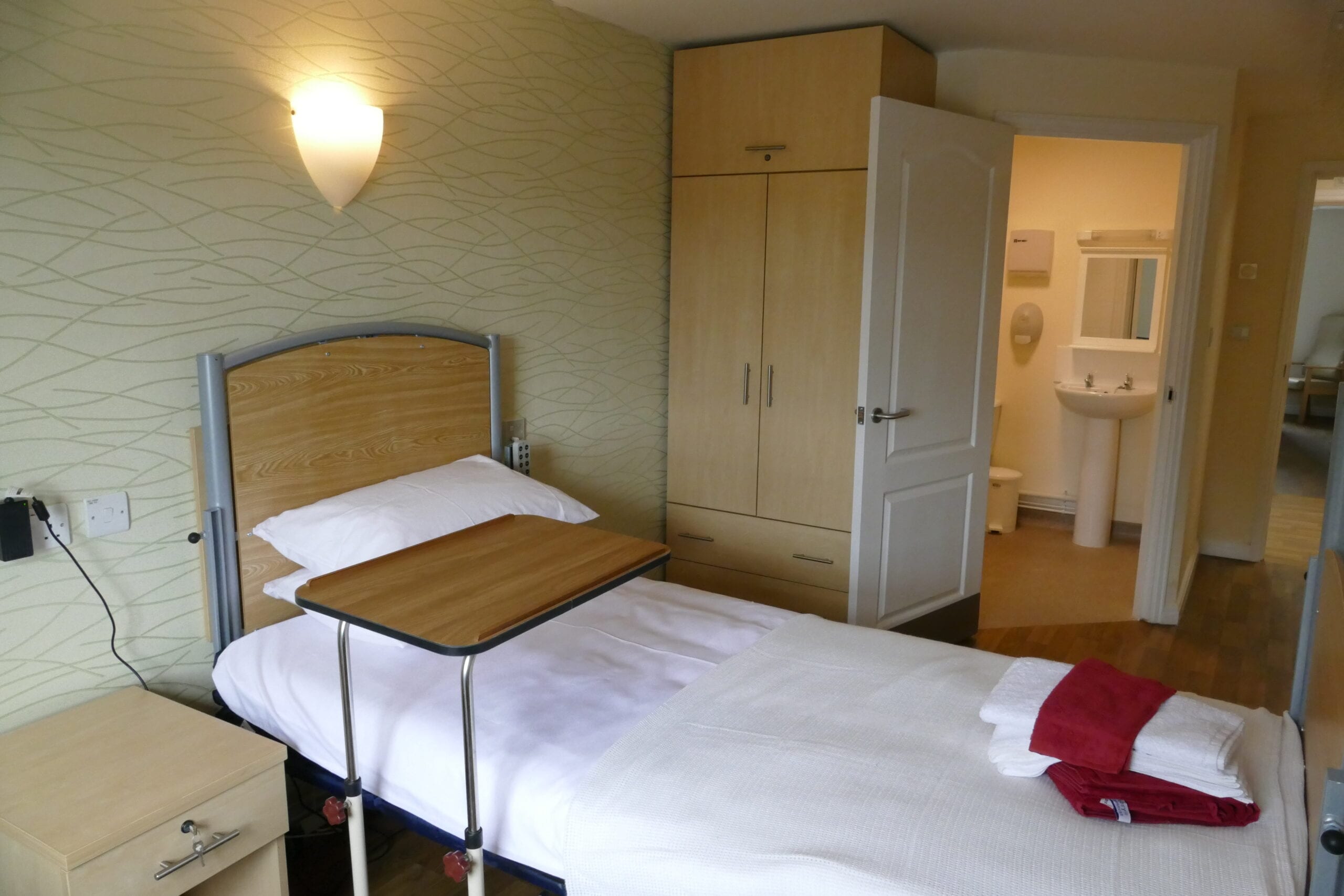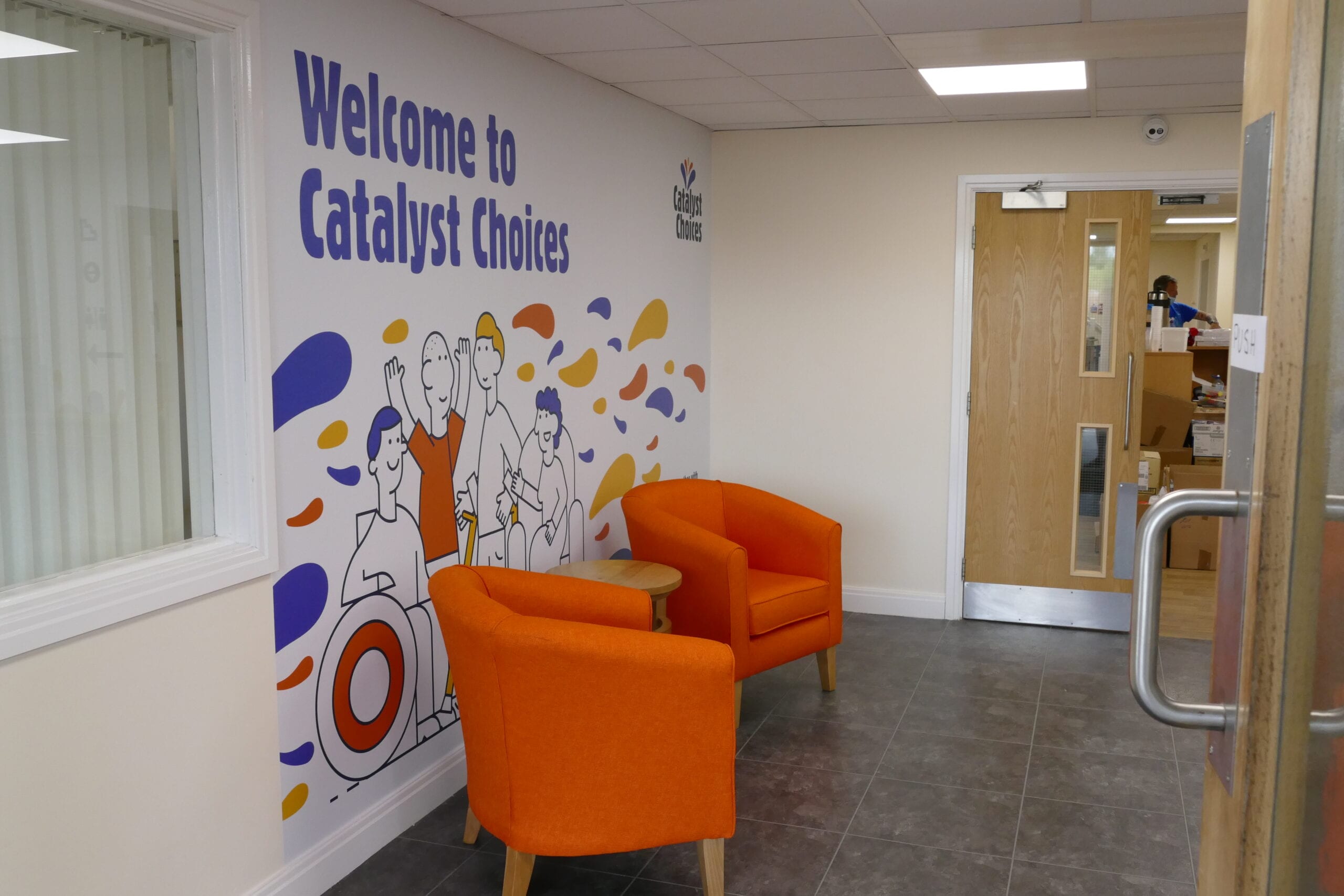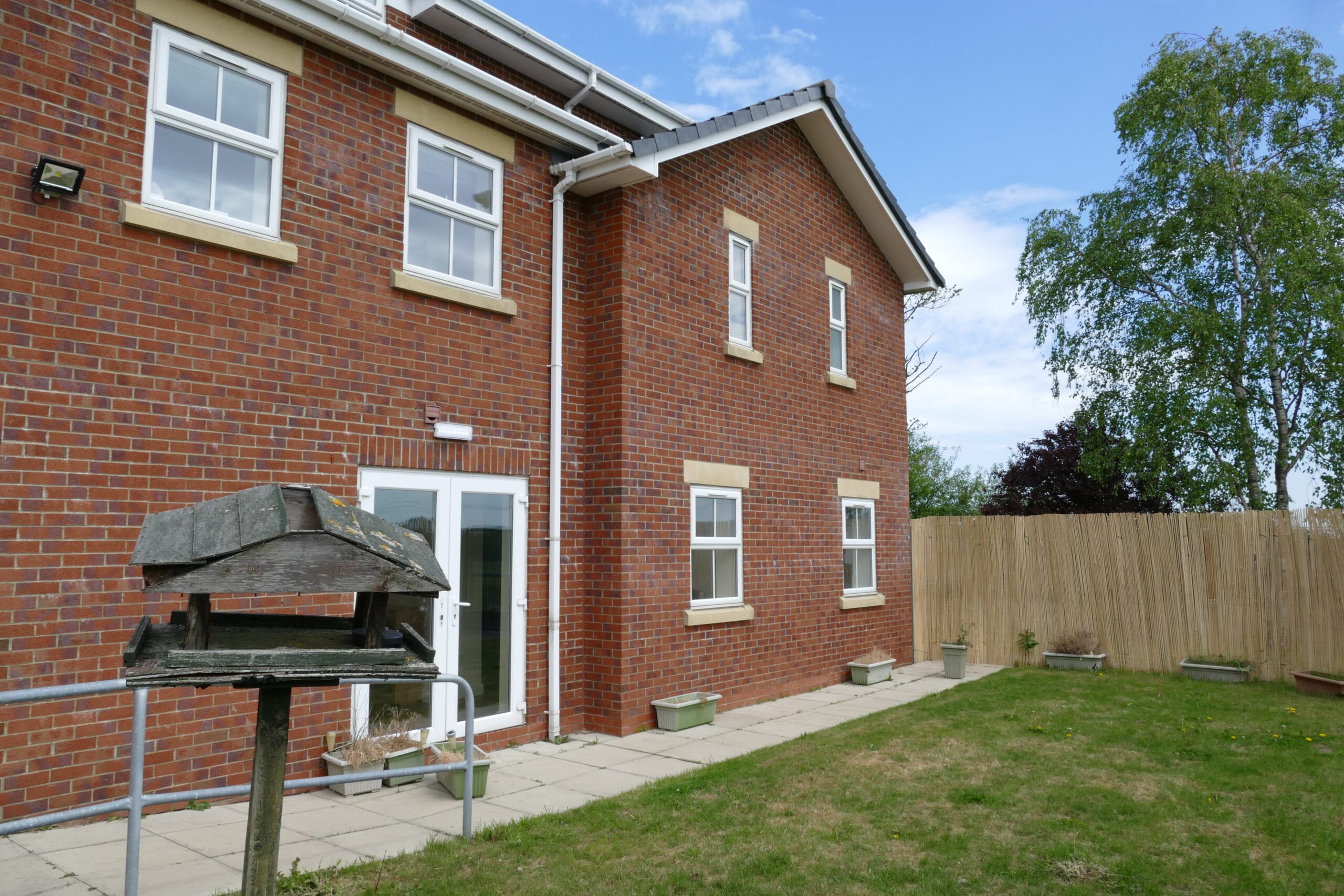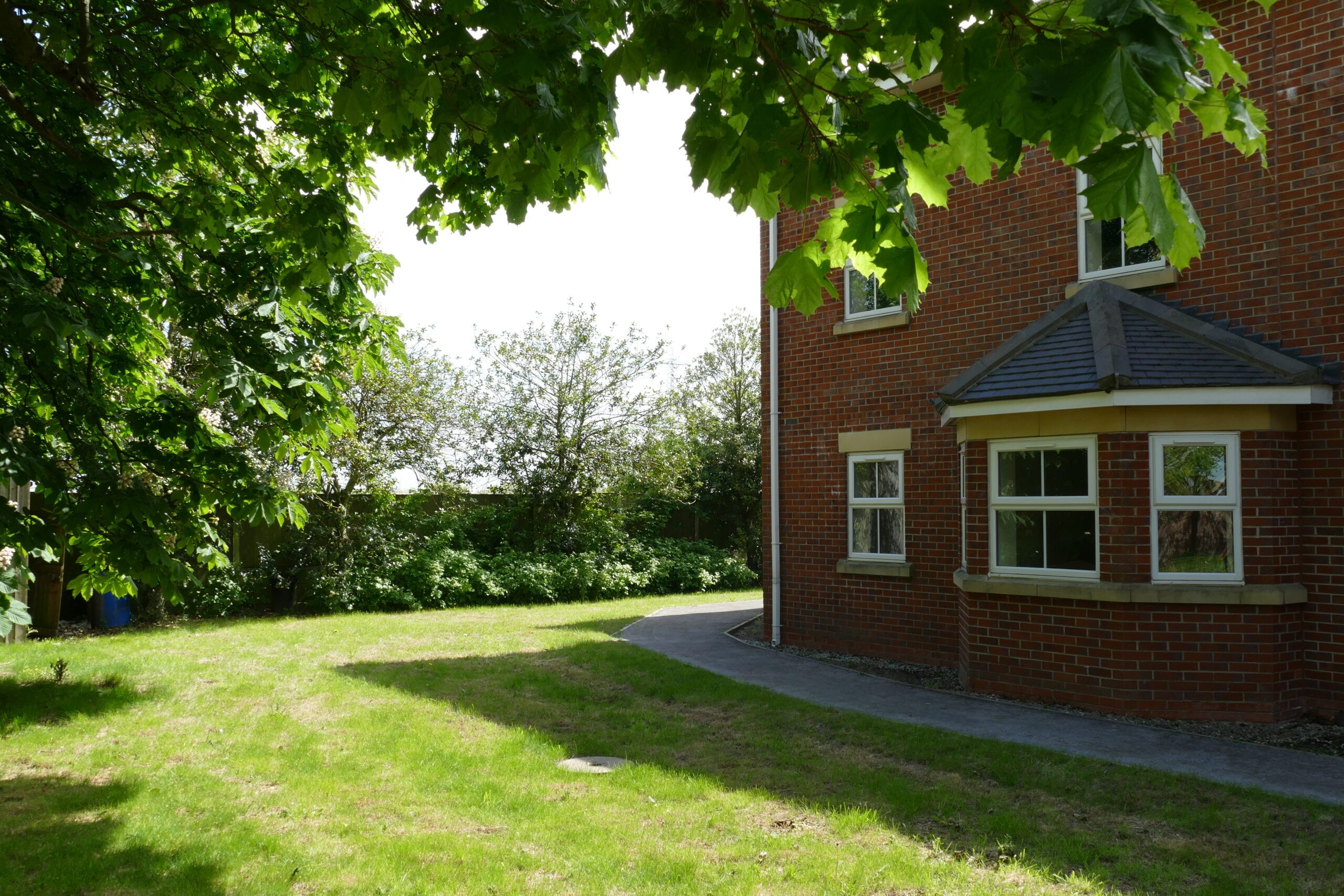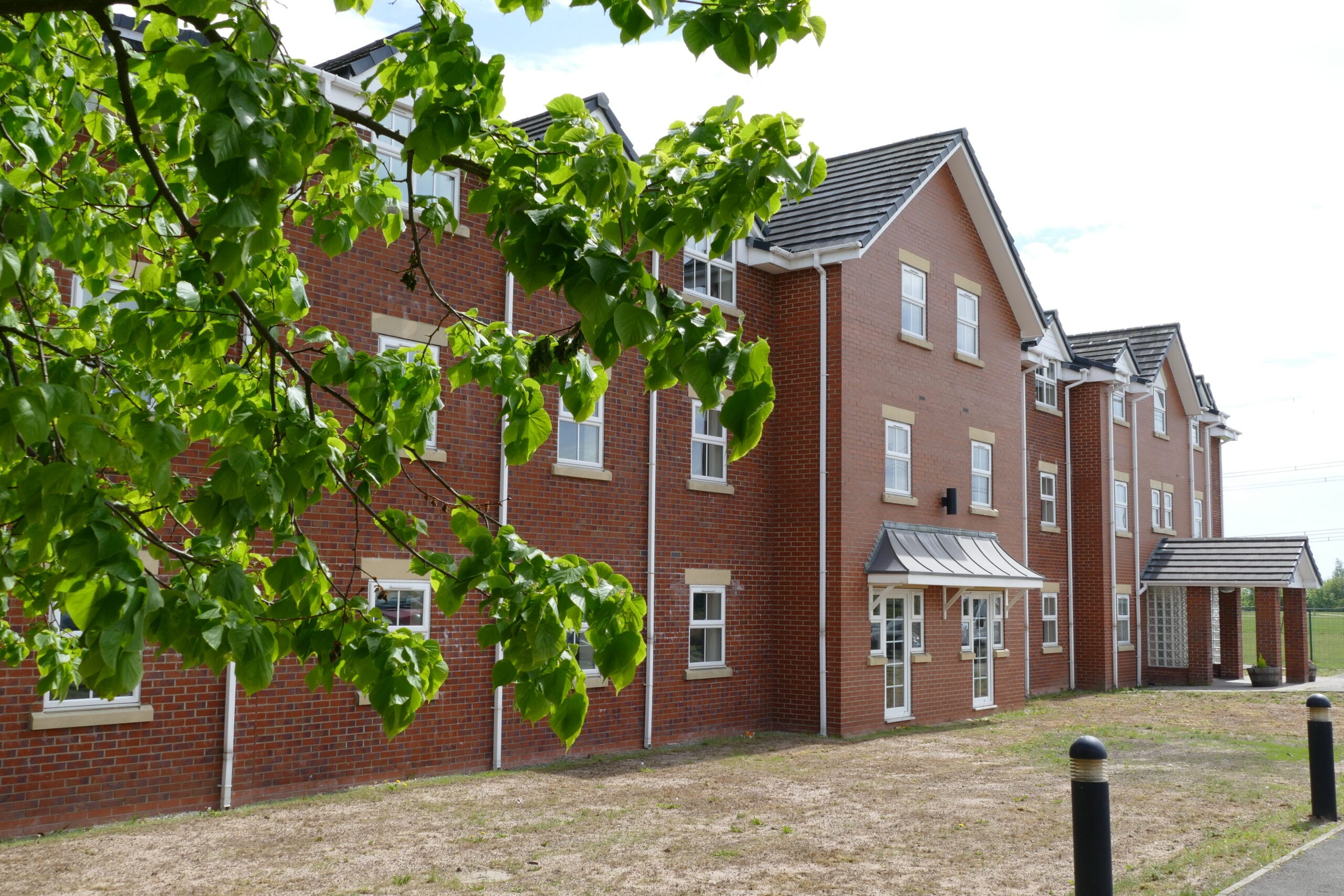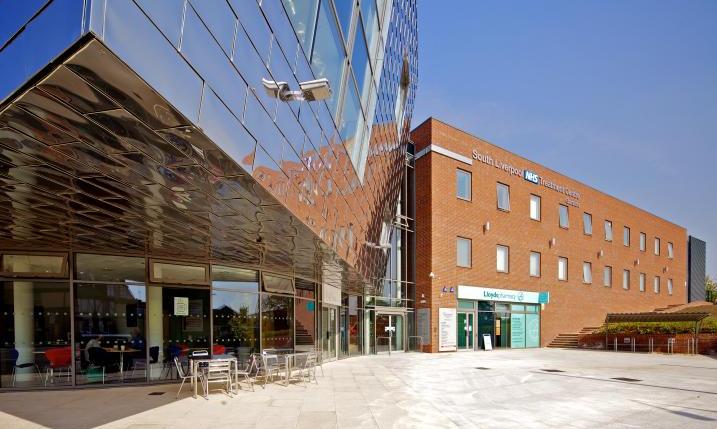What does it take to put civic data at the heart of modern public services and turn transformative ambitions into realistic plans? That’s the question 40 people working in civic data, public policy, public services, and health came together to discuss at this week’s ‘Greater Data’ workshop at Blackburne House in Liverpool.
Capacity Designer and Doer Sara Chattun reflects on the day.
Continue reading
